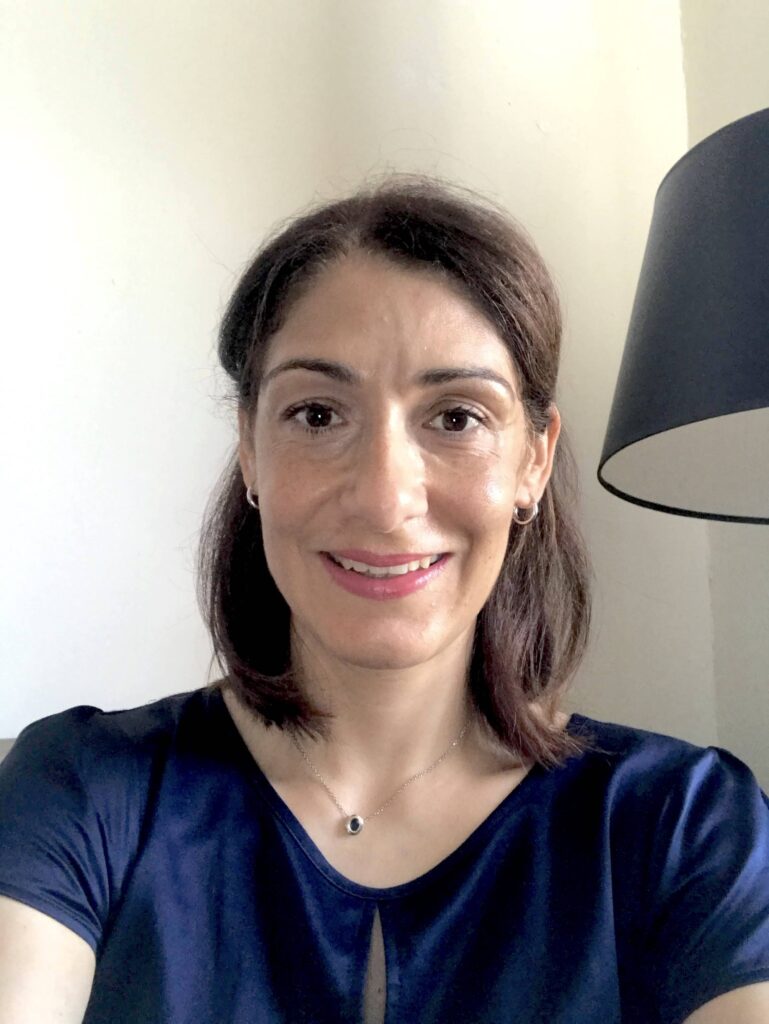Counselling can seem intimidating for some. Others might be wary of its benefits. In this article, I will discuss some important aspects that contribute to successful outcomes in counselling. We will also explore the risks and benefits of participating in counselling.

What is counselling?
First off, I want to explain what I mean by counselling so that we are all on the same page. Professional counselling or psychotherapy is facilitated by a mental health therapist, who would have graduated with a Masters level. The therapist guides the session, so that the client can work on their preferred goals. Goals are usually SMART – specific, measurable, attainable, realistic and timed. Advice is not provided, but through a process of facilitation and scaffolding, client is supported in a safe space to come up with their own roadmap of how to achieve their goals.
How can success in counselling be achieved?
It is always hard to guarantee success in counselling, however some steps can be taken that contribute to success when participating in counselling.
- I work with parents and caregivers, on their parenting needs and goals. However, we all know that to raise a child one needs a circle of care (a village). It is always beneficial to have ‘family’ (blood or not blood related) part of the care. If they can be part of the session, it would be great; but even if they are supportive in the background would help.
- There is space for the child and family’s strengths. This is not to say that the concerns are not prioritized, discussed and processed.
- Any goals that are created follow the SMART principle, where they are specific, measurable, attainable, realistic and timely.
- I support you along the way in this journey. Firstly, being willing to try something new/different. Secondly, being mindful that change can be uncomfortable at first and needs some work from your end.
- While I will be working with you, the parent/caregiver, it is always helpful that you together with any other participants see that you all play a part in a successful outcome.
- Carrying a sense of hope.
- As a therapist I create a safe space, where you, the parent/caregiver, feel comfortable to share your stories, hopes and dreams for your parenting.
What are some of the risks of counselling?
- Counselling is a space where you talk about your difficulties as a parent/caregiver. This can lead to uncomfortable feelings such as shame, guilt, distress. On the other hand, clients also report feelings of safety and release when they share and open up about their difficulties within a safe environment.
- The talking about difficult experiences, might make you feel vulnerable or uncomfortable.
- For some people, trying new things might be scary or difficult. As a therapist, I support you in this by taking one step at a time.
- In sessions, as a therapist, I sometimes challenge your beliefs and expectations within a safe environment. This helps in your growth, seeing a different perspective, and in moving forward.
- In sessions, due to the insights gained, you might understand the part you have played in the current situation. This might lead to feelings such as shame, guilt, sadness, worry, etc. However, in sessions, as a therapist I support you to acknowledge those feelings and see how to move forward without these heavy feelings.
- Sometimes therapy does not meet your expectations. This is usually the case when goals set are unrealistic or the expectation is for others to change.
- On rare occasions, some concerns might come up, where third party organisations (such as child welfare, police) would need to be called to follow up and support you with extra support.
What are some of the benefits of counselling?
- When you open up to someone professional within a safe space, you would start processing the situations that are making your heart heavy. By sharing, you will feel lighter – physically and emotionally. This is the beginning process of healing.
- You will gain insights and understanding as to what could be contributing to the situation that is worrying you.
- You will gain strategies and skills that enable you to come up with a roadmap (unique to you) to parent your child.
- You will be able to feel more emotionally connected with your child. And same for your child.
- We will work towards your child feeling understood, a contributing family member, and wanting to cooperate. This supports your child to feel safe, loved and valued, which in turn would impact your child’s behaviours.
Including a Christian worldview in counselling
To note that the above points apply for counselling in general, and hold for all types of professional counselling. Personally, in my sessions I have the privilege of adding another layer, as I work with evidence-based theories and integrate a Christian worldview perspective. I find that this helps me in my work to close gaps, and build a more holistic approach to a situation. Christian parents/caregivers seem to benefit from the integration of spirituality in sessions (in conjunction with evidence-based theories), as it caters for their identity, values and core beliefs. What is important is that this approach uses science-backed therapy, that aligns with a Christian worldview perspective, and is done by a therapist within a non-judgemental space, who remains curious and open to listening to client’s stories and perspectives.
Got some insights? Would love to read your comment below…
———————————–

Greetings! I’m Claire, a Child & Family Therapist, Educator and Founder at myCaRE&CO; supporting Christian families with their 6 to 12 year old child’s challenging behaviours. Thank you for taking up your time to read this article, and hope that you found it useful to answering your questions.
Would you like more support, maybe more personalised to your situation? Check out myCaRE&CO’s services and e-mail me directly at info@mycareandco.com. You can also schedule a free ‘discovery call’ to discuss your child’s and family’s needs and goals.
Claire Esikalam MSW, RSW, B.Ed. (Hons.) Child & Family Therapist, Educator and Founder at myCaRE&CO.
Follow me on Facebook and connect on LinkedIn.

Have you downloaded the Family Guidebook?
5 evidence-based tips to increase connection with your child & reduce the unwanted behaviours
